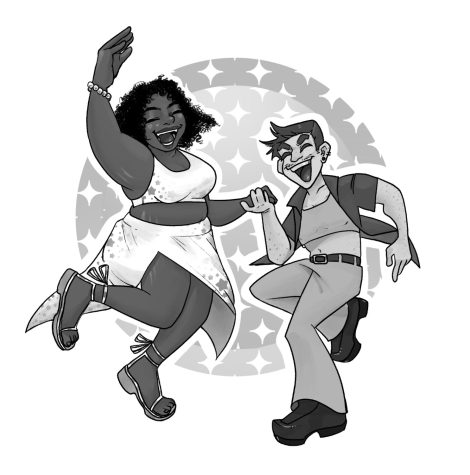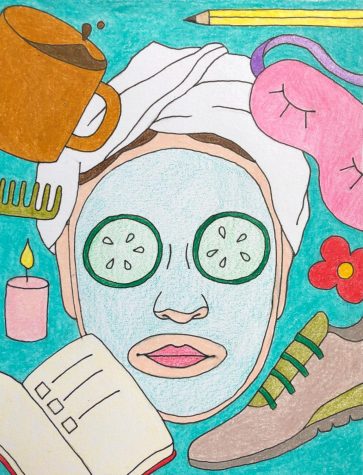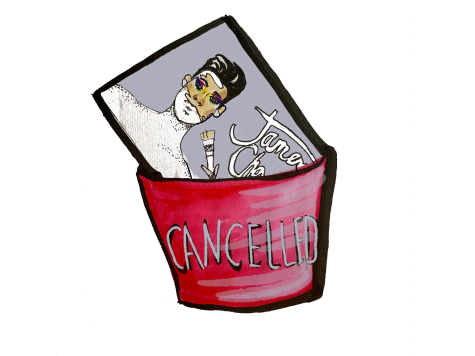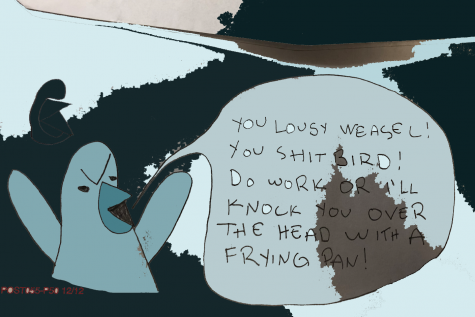Discipline is a form of self care
September 10, 2020
Bojack Horseman, the protagonist of the eponymous TV series, is a miserable horse. Despite his species, running feels entirely unnatural to him, and one of his most intense moments of anguish on the show stems from him trying to jog. After wheezing his way up a hill, he collapses to the ground.
Moments later, a wise baboon comes up to him, and rather than telling Bojack that things will magically get better, he assures him that, “It gets easier. Every day it gets a little easier. But you gotta do it every day. That’s the hard part. But it does get easier.”
We are living in strange times, and if you’ve been on social media lately, odds are you’ve seen people spreading the doctrine of self care more often than usual. We all know these posts: the classic cutesy fonts, pastel hues and seductively simple messages. They nudge us to act. Eat. Sleep. De-stress, they say. We all know we should do these things, but that doesn’t stop us from, well, not doing them sometimes.
However, it is only once we gain freedom from cycles of self-sabotage that we have the freedom to make use of the cards we are dealt. Easier said than done, I know. But not impossible.
Activities that are good for us can come with a level of friction that leaves us in a state of avoidance and procrastination. It only makes sense to want to protect yourself from pain, and doing what feels comfortable and familiar is understandable. But sometimes, leaning into the pain is exactly what we need to feel better. Rather than viewing discomfort as a barrier, we should see it as a sign that we are doing something right. It is only once we accept the critical role discomfort plays in helping us grow that we can accept adversity and actively seek it in healthy, consistent doses.
Of course, too much discomfort leads to paralysis and overwhelming feelings, so harboring a sense of awareness is critical as well. Mindfully seeking discomfort through curiosity about the feeling itself can make it less daunting. When we regularly face discomfort, we develop the habit of discipline, and we gain a degree of freedom from fear. Discipline is not punitive; rather, truly caring about yourself means forcing yourself to suffer sometimes.
Aleksander Doba, who has solo kayaked across the Atlantic three times, once said, “If you aren’t willing to suffer, you can do nothing.” Conversely, if you are willing to suffer, you can do things. Simple, right? The reality is we will all suffer at some point and in some form, regardless of whether we are willing to do so. Even if we aren’t willing to suffer, we will still do things, although not always what we’d like to do, but losing one’s sense of autonomy can lead to suffering.
Discipline, to me, is about budgeting inevitable suffering. It’s about being intentional with it. It’s about proactively seeking pain so that you can experience the pleasure of growth and self-rule.
True self care means genuinely taking care of yourself through overcoming inertia and embracing fruitful suffering.
As a disclaimer, I am not a self-care goddess by any means. I am writing this on a four day streak of less than six hours of sleep, and I put it off because I accurately anticipated the writing process to be uncomfortable. In spite of that, I am okay with where I am. I know that I, like everyone else, am capable of change and deserve to feel good.









